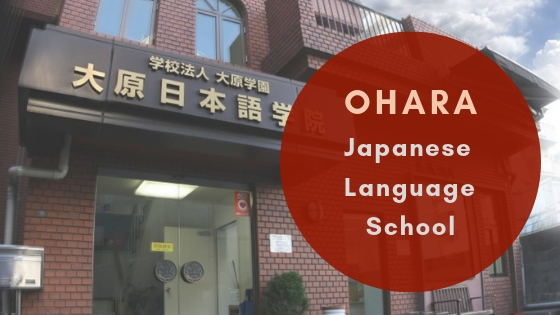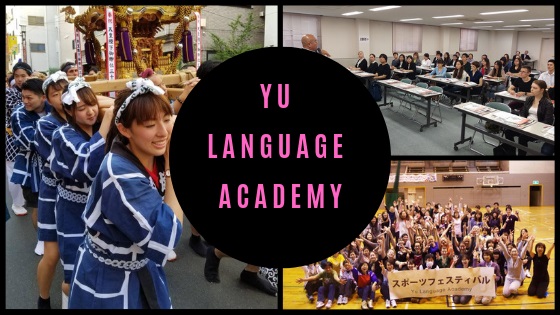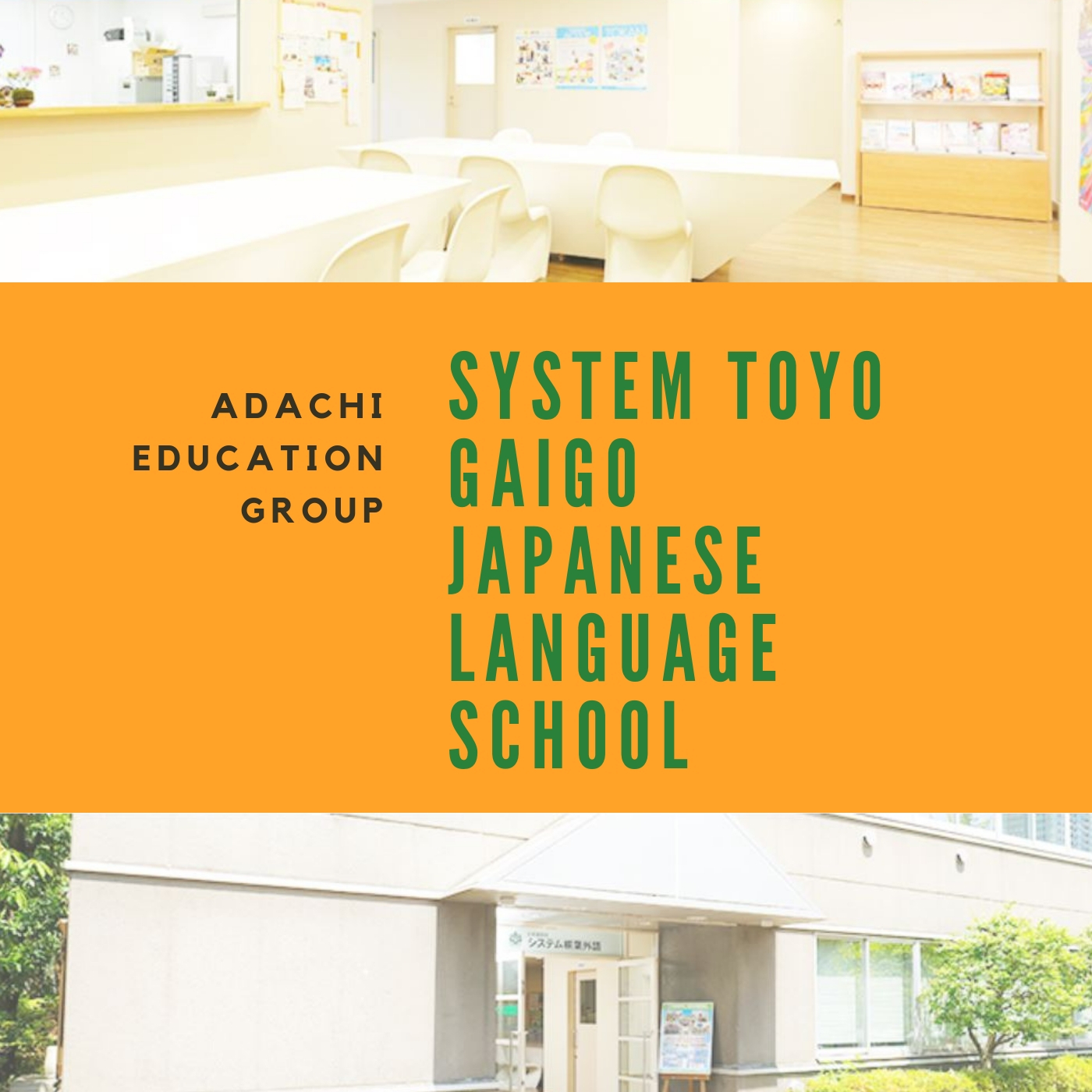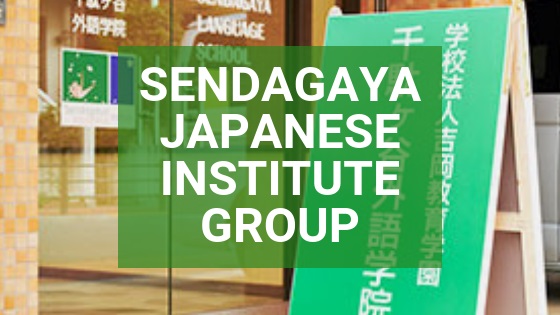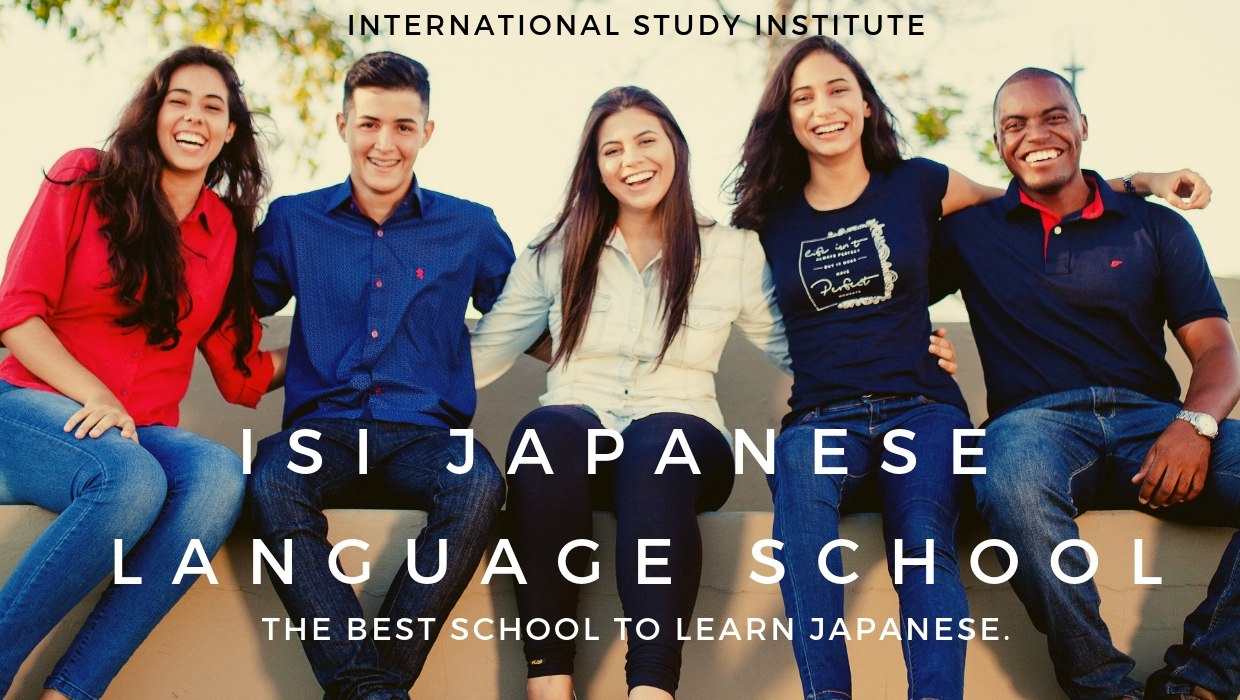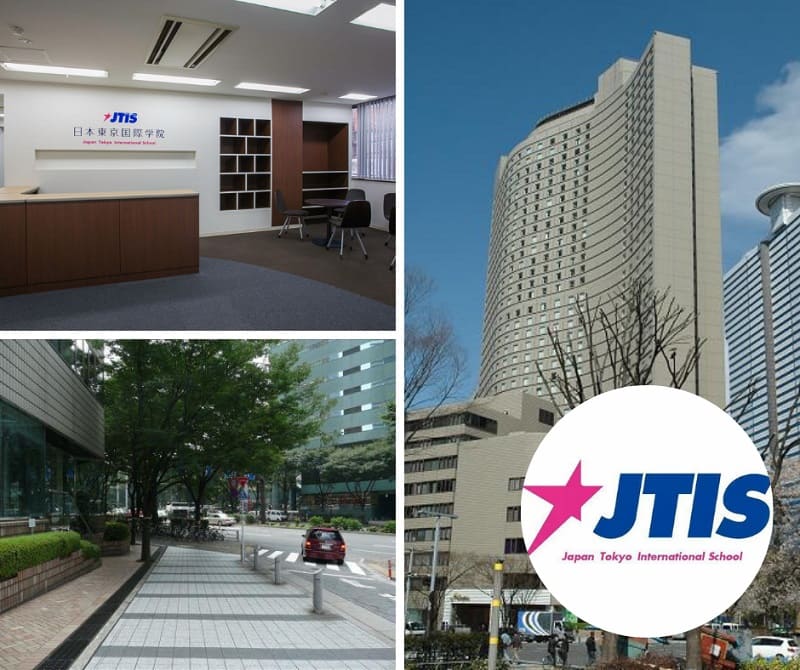Studying overseas is one great chance for the student not only to broaden their understanding of the different cultures but also for the benefit of future career opportunities. There are many countries to choose from but why study abroad in Japan as their study abroad destination even it is a homogenous nation, let’s learn the reasons why.
Top Reasons to Study Abroad in Japan
1. Consistently ranked top 5 globally on Math and Technology
The OECD ranks Japanese high school students number one in the world for math and number 2 for scientific literacy. Japan has the highest number of Nobel prize winners of any Asian country, and the second-highest of any country since 2000. Japan is a prosperous nation – the second largest economy in the world. Japan is amongst the most technologically advanced in the world and its manufacturing of electronics, appliances, and motor vehicles are quickly changing the world.
From a young age, Japanese children are held to high expectations, whether it be in their academics, appearance, or athleticism. They tend to be more fatalistic in their beliefs, meaning there is no room for mistakes because you do not get a second chance at something. This also means that Japanese people can be quick to judgment or grudge-holding. And there’s a lot of exciting things you will learn in Japan but let me show you first the reasons to study abroad in Japan.
2. Impressive Universities

3. More Courses Offered in Junior College
Another option for students studying in Japan is junior college. The standard term of study in junior college is two years, three in the case of nursing courses and some others. Half of the course subjects at junior colleges are art, home economics, education, or social studies-related, and about one-third of junior colleges are women-only.
Technical colleges are meant for junior high graduates to acquire practical and specialized knowledge and skills required for a specific vocation. Many of these colleges specialize in engineering, but maritime colleges are also an option. A degree at a technical college takes five years to complete.
4. Opportunity to Learn the Japanese Language
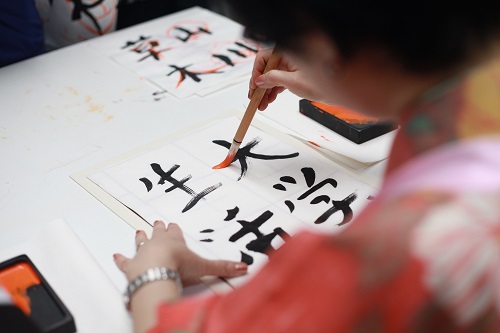
5. Safe and Peaceful
Japan regularly turns up on lists of the safest places to visit in the world. Japan is one of the safest countries in the world. Violent crime is rare, with Japan ranking last in the number of victims of crime per capita (nationmaster.com). The Japanese idea of ‘good for the group above good for the individual’ dictates their way of life and actions. They will always prioritize the group over themselves. For example: when employees go on vacation, they thank their co-workers for helping with their workload in their absence with words and small gifts. “Saving face” is very important and dictates many actions. Anything that might be construed as potentially confrontational, embarrassing, shameful, is avoided and motivates many Japanese to act in a way that will not result in these feelings.
The study in Japan can be a life-changing experience — a unique opportunity to develop or improve language skills, discover a fascinating and dynamic culture and learn new things about themselves.
6. Low Tuition Fees
Tuition fees are comparatively cheap in Japan. While an “in a state” or “out-of-state” and international fees being several times higher in the US, tuition fees at Japanese public universities are a mere lower to almost 50%. Even at private universities, tuition fees in Japan are usually around US$12,000-18,000 per year – much lower than the international fees typically charged in countries such as the US and UK. Furthermore, at Tsukuba, the regular entrance fees and first-semester tuition fees have been waived for undergraduate English program students. Partial and full tuition fees waivers are even possible for high achieving students from poorer backgrounds. Waseda University estimates annual living expenses for students in Tokyo at around US$15,000, including accommodation, food, utilities, books, mobile phone, and other costs. And more than half of international students at Waseda currently receive scholarships.
Furthermore, a wide range of scholarships is available, both from the university and from the public and private organizations. A wide range of other scholarships is available, with some directed towards specific nationalities, women, minorities, or those with high-level Japanese proficiency.
7. You are Truly in the Job Market
One of the first things you should know about Japan is that has a relatively homogeneous population. 98.5 percent of the people living in Japan come from Japan. To the aspiring ex-pat, this can only mean two things: that a culture shock is inevitable and that you’re almost guaranteed to struggle to find someone from another culture. Of course, Japan has 127 million inhabitants, so the 1.5 percent of foreigners that live here comes up to a total of almost two million people, most of which are based in Tokyo; the commercial center of the country.
While non-Japanese workers are at a premium in Japan due to the drive for a more diverse, global workforce, foreign candidates must still undergo the rigorous Japanese job search process, along with the etiquette that goes along with it. Studying abroad offers valuable experience with the customs and behaviors that open doors.
Japan is home to companies like Nintendo and Toyota and is leading the world in scientific and technological research. Its stock exchange and Japan Aerospace Exploration Agency are amongst the most prestigious and aggressive in the world.
After graduation you can utilize the following employment service centers:
- Career Support Network for International Students in Jap
http://ajinzai-sc.jp/ - Career Forum.Net
http://www.careerforum.net/?lang=E - Global Leader
http://www.globalleadernavi.com/jp/ - Asahi Gakujo Nabi (Operated: Gakujo Co., Ltd.)
http://www.gakujo.ne.jp/
8. The degree of satisfaction after studying abroad in Japan
- 73.2% of international students stated that their impression of the country “became better” after living and studying in Japan.
- 66.1% of international students stated that their impression of the people “became better” after living and studying in Japan.
- 88.0% of international students stated that their impression of their overall experience of studying abroad in Japan was “great”.
List of Universities and Language Schools in Japan
-
- ISA (International Studies Abroad)
- KCP International Japanese Language School
- CIEE -Tokyo Japan, Summer Japanese Studies
- IES Abroad -IES Abroad Nagoya Summer – Language and Culture
- USAC (University Studies Abroad Consortium)
- KCP International Japanese Language School
- Temple University
- Hokkaido Japanese Language School
- Kyoto Japanese Language School
- CISabroad Summer in Japan: Global Citizenship & Cross-Cultural Studies at Seisen University, Tokyo
- Osaka International School
- Earlham College
- Akita International University
- Japan Center for Michigan Universities
- Kyoritsu Foundation Japanese Language Academy
- Seinan Gakuin University
- George Mason University
- University of Arizona
- University of California-Davis
- The University of Tokyo
- Tochigi International Education Institute
- WAHAHA Japanese Language School
If you’re interested to apply one of the language schools or universities in Japan, please click the link below.
Application Process for School in Japan
Top 5 Universities in Japan
Kyoto University is spread across three campuses in Yoshida, Uji, and Katsura. It is one of Japan’s oldest universities and is consistently ranked highly in Asia. Kyoto has about 22,000 students, 10 faculties, 19 graduate schools, 13 research institutes, and 21 research and educational centers. The university was initially made up of colleges in law, medicine, letters, and science and engineering.
The University of Tokyo became the first national university in Japan when it was established in 1877. It provides courses across the academic spectrum and currently has 10 faculties, 15 graduate schools, 11 affiliated research institutes (including the Research Center for Advanced Science and Technology), 13 university-wide centers, three libraries, and two institutes for advanced study. The university has a slightly unusual course structure in that students follow a liberal arts education at one campus during their first two years before transferring to another campus to study their chosen topic.
Tohoku University Many of Tohoku University’s facilities are built around and within the ancient war grounds of the city of Sendai. It became the first university in Japan to admit female students after the appointment in 1911 of its first president, Masataro Sawayanagi, the vice minister of education. Tohoku was also the first university in Japan to admit foreign students.
Tokyo Institute of Technology With a history spanning more than 130 years, the Tokyo Institute of Technology is one of the country’s leading institutions for science and technology. It is the only university outside the National Seven Universities group to feature in the top five of the rankings. The university has a relatively small student body with under 10,000 students.
Kyushu University is a new entry in this year’s top five, moving up two places from last year’s number seven spot. The university has international students drawn from all over the world including Europe, the Middle East, Africa, Oceania, North America, and Asia. The number of international students continues to rise year on year. There are 7.5 million items in the Kyushu University Museum including documents, animals, archaeological artifacts, and an insect collection of more than 4 million specimens.
List of Our Partner Japanese Language Schools in Japan
The few Dos and Dont’s While Studying Abroad in Japan
- Language matters – Learn some basic conversational Japanese. Accept the challenge, learn the essentials, be polite to everyone you meet, be patient in all locals and never assume. It’s best not to approach people with the assumption they will be able to speak it.
- Public Behavior– It is rude to speak loudly when traveling on public transport. Always put your mobile phone on silent mode. Always wait in your queue in buses or trains. They are an orderly queue. It is also inappropriate to blow your nose in public.
- Eating etiquette – You’ll frequently hear “Itadakimasu” or “thank you” before anyone breaks out the chopsticks. You’ll also learn to clean your plate no matter what. It is considered very rude to waste food. If you are not hungry, only take the amount of food that you will be able to consume. Also, you might notice that Japanese people are loud eaters. Slurping noodles or making loud noises while eating is actually OK! In fact, slurping hot food like ramen is polite as it shows that you are enjoying it. If you want a refill on that glass of water, you must ask for it, or it won’t happen.
- Manners – The way you address someone matters a great deal. You’ll notice that people often bow upon meeting one another. The duration and deepness of the bow are proportionate to the power and position of the person you are addressing. Drawing attention to yourself as an individual is a huge no-no. Get accustomed to saying “Gomenasai” and “Arigato Gozaimasu” meaning “I’m sorry” and “Thank you very much”. Whenever you enter into a private space, such as a host family home or school classroom, you will need to remove your shoes. Please always have socks with you as barefooted is an absolute no-no.
To learn more about things you should be avoided when studying in Japan, please check the link below.
What Are The 25 Things You Should Not Do in Japan?
Opportunities abound in the Land of the Rising Sun. Whether you are studying on one of Japan’s four major islands (Honshu, Hokkaido, Kyushu, or Shikoku), or exploring one of the other 4,000 islands comprising the archipelago, you will find a study abroad experience as unique as Japan’s aggregation of traditional and modern (falling somewhere between the busy Tokyo streets and the nearby zen gardens). Pack your bags now and study in Japan with the 130 million locals of Japan, you’ll need to secure a passport and your student visa.
FAIR Japan provides useful information about Japan.






